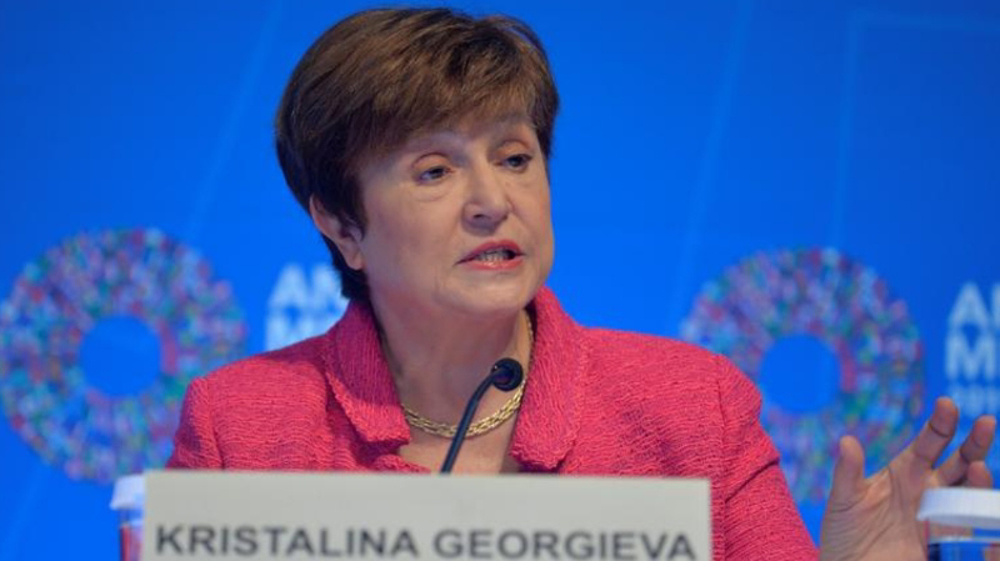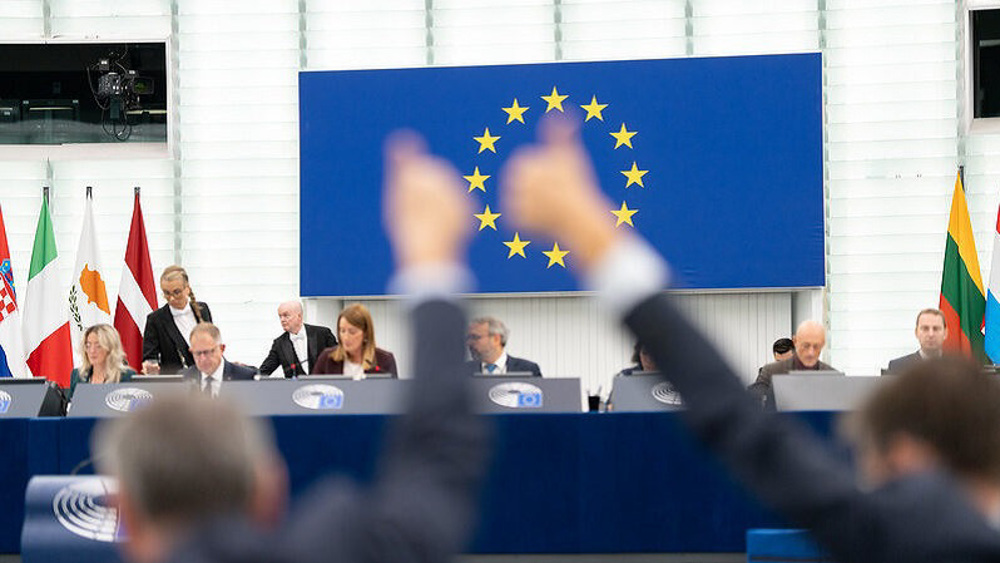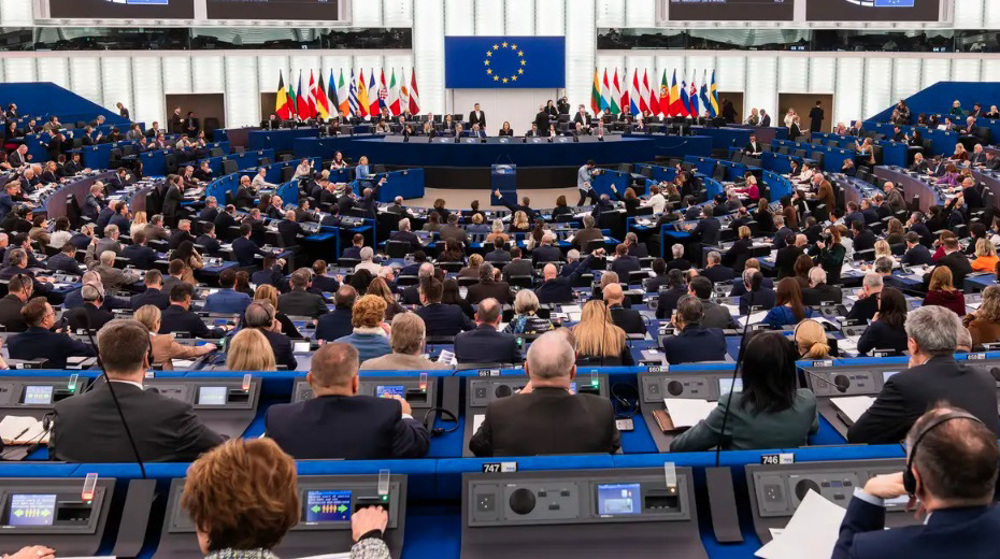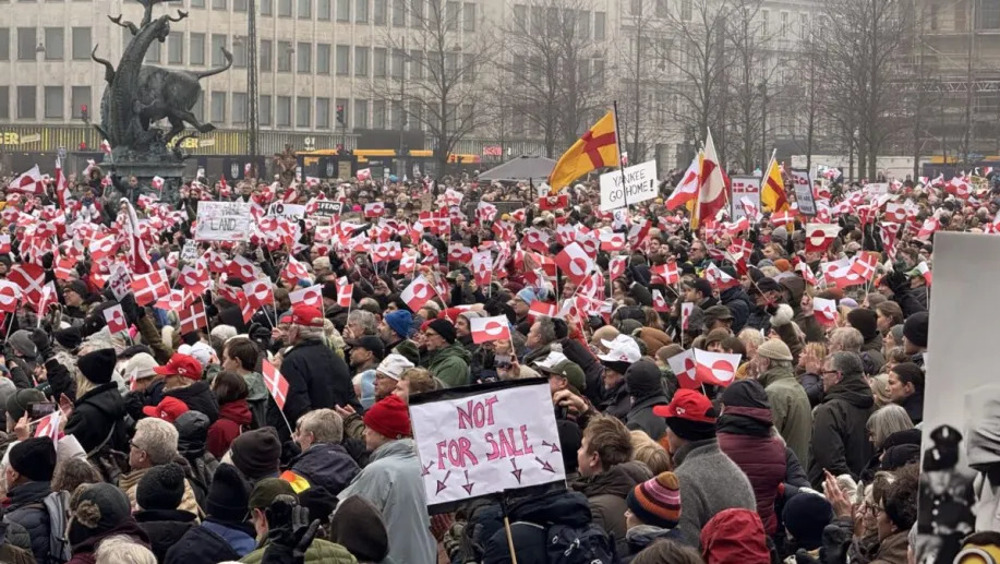Disruptions in natural gas supply can cause recession in Europe, IMF warns
The International Monetary Fund (IMF) has warned that Europe could plunge into recession as a result of the disruptions in natural gas supply triggered by the ongoing war in Ukraine.
IMF Managing Director Kristalina Georgieva sounded the alarm on Wednesday, ahead of a meeting of finance officials from the Group of 20 due to be held later this week, warning that more disruption in the natural gas supply to Europe could cause recession in many economies.
She added that the current war in Ukraine had significantly darkened the economic outlook and that the US-based international financial institution was poised to downgrade its outlook for 2022 and 2023.
“Recent indicators imply a weak second quarter — and we will be projecting a further downgrade to global growth for both 2022 and 2023 in our World Economic Outlook Update later this month,” Georgieva further said in a blog post.
Russia launched military operations in Ukraine on February 24, with a declared goal of “demilitarizing” and “den-Nazifying” the ex-Soviet country.
Since the start of the offensive, the United States and its European allies have imposed unprecedented sanctions on Moscow and been dispatching large shipments of weapons to Ukraine, defying warnings from the Kremlin that such moves will only prolong the war.
Russian President Vladimir Putin warned on May 12 that the West’s sanctions against Moscow would eventually backfire, stressing that “the continuation of the obsession with sanctions will inevitably lead to the most difficult consequences for the European Union.”
Last week, the IMF chief said that the fund would scale back its previous forecast for 3.6 percent growth in 2022 for the third time this year, and that she could not rule out a recession in 2023.
“Countries must do everything in their power to bring down high inflation... because persistently high inflation could sink the recovery and further damage living standards, particularly for the vulnerable,” Georgieva further said on Wednesday.
She added that growing concerns over food and energy supplies also raised the risk of social instability.
European countries like Germany, France, Italy, Hungary, the Netherlands, and others are dependent on Russian natural gas to generate electricity and heat for homes and to run their industries.
Furthermore, Russia is Europe’s biggest oil supplier, providing about one-quarter of the bloc’s yearly needs, according to 2020 data — about half of Russia’s total exports. As the oil embargo is phased in, officials have said the bloc would seek to make up the shortfall by increasing imports from other sources, such as Persian Gulf countries, Nigeria, Kazakhstan and Azerbaijan.
VIDEO | Press TV's news headlines
VIDEO | New wave of Israeli strikes on Lebanon as US suspends ceasefire mechanism
VIDEO | Israeli regime kills three more Palestinian journalists
Canada prime minister hits back at Trump's remarks
Lebanese journalist summoned to court for criticizing president
‘The Voice of Hind Rajab’ receives Oscar nomination
VIDEO | Foreign-backed terrorism in Iran
US-backed riots suffered 'humiliating' defeat in Iran: Yemeni leader










 This makes it easy to access the Press TV website
This makes it easy to access the Press TV website